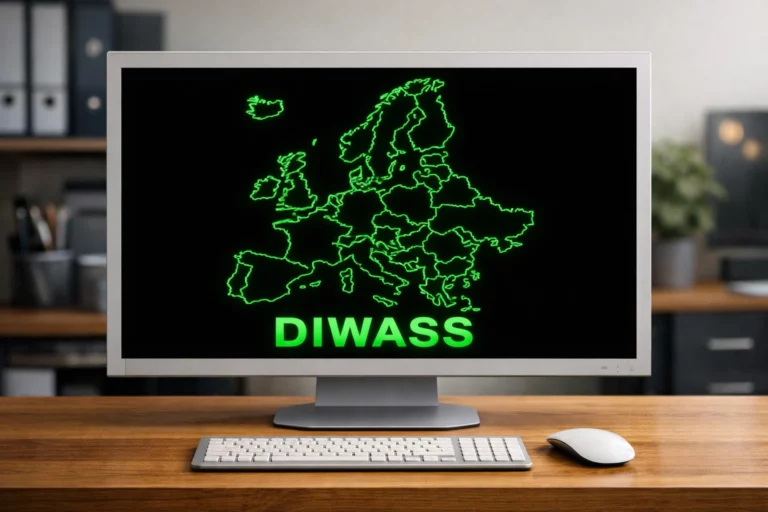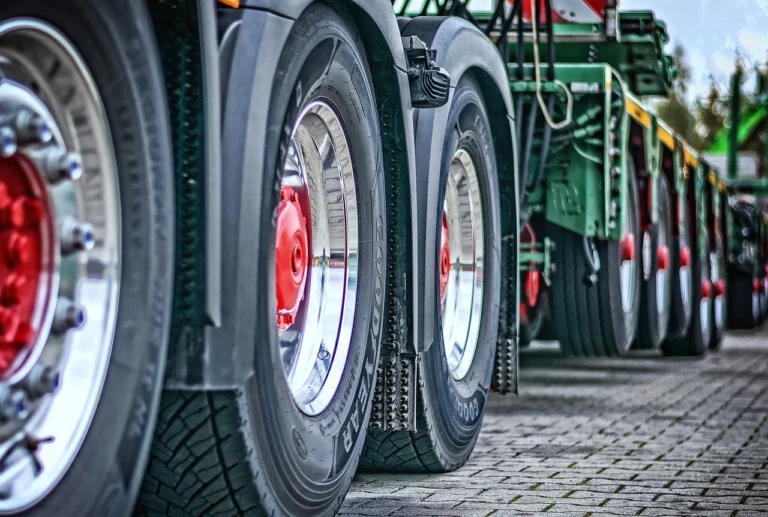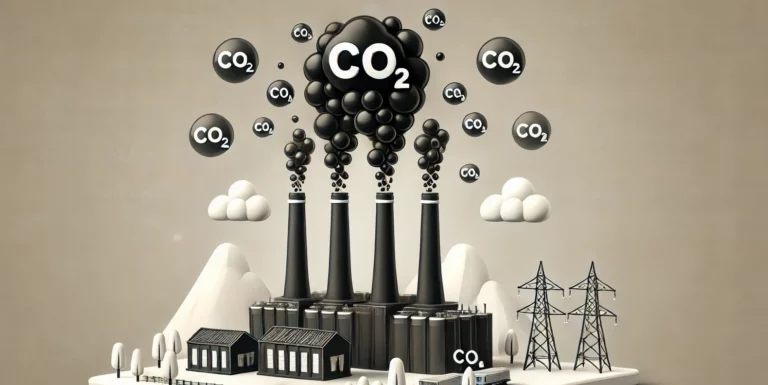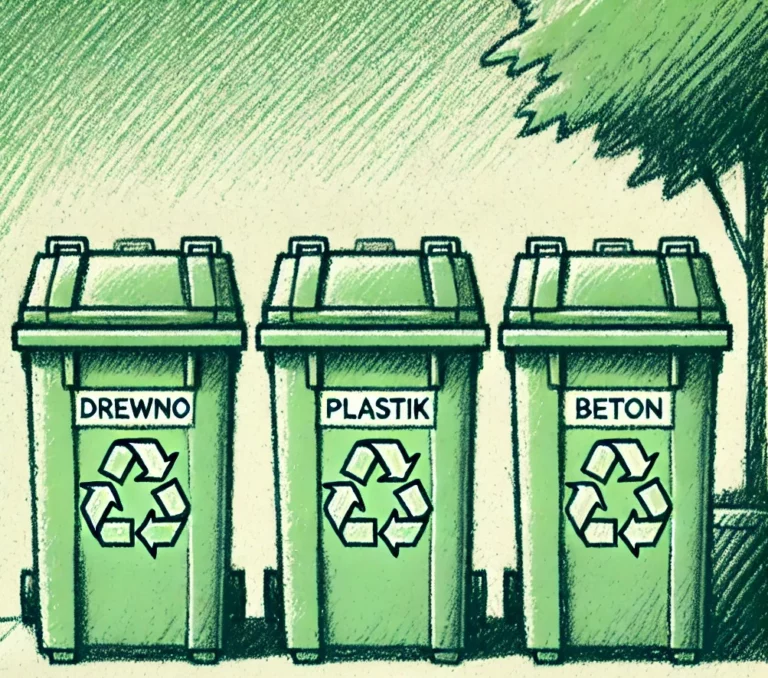Ignorance of the law is no excuse. Tips for safe transport of waste
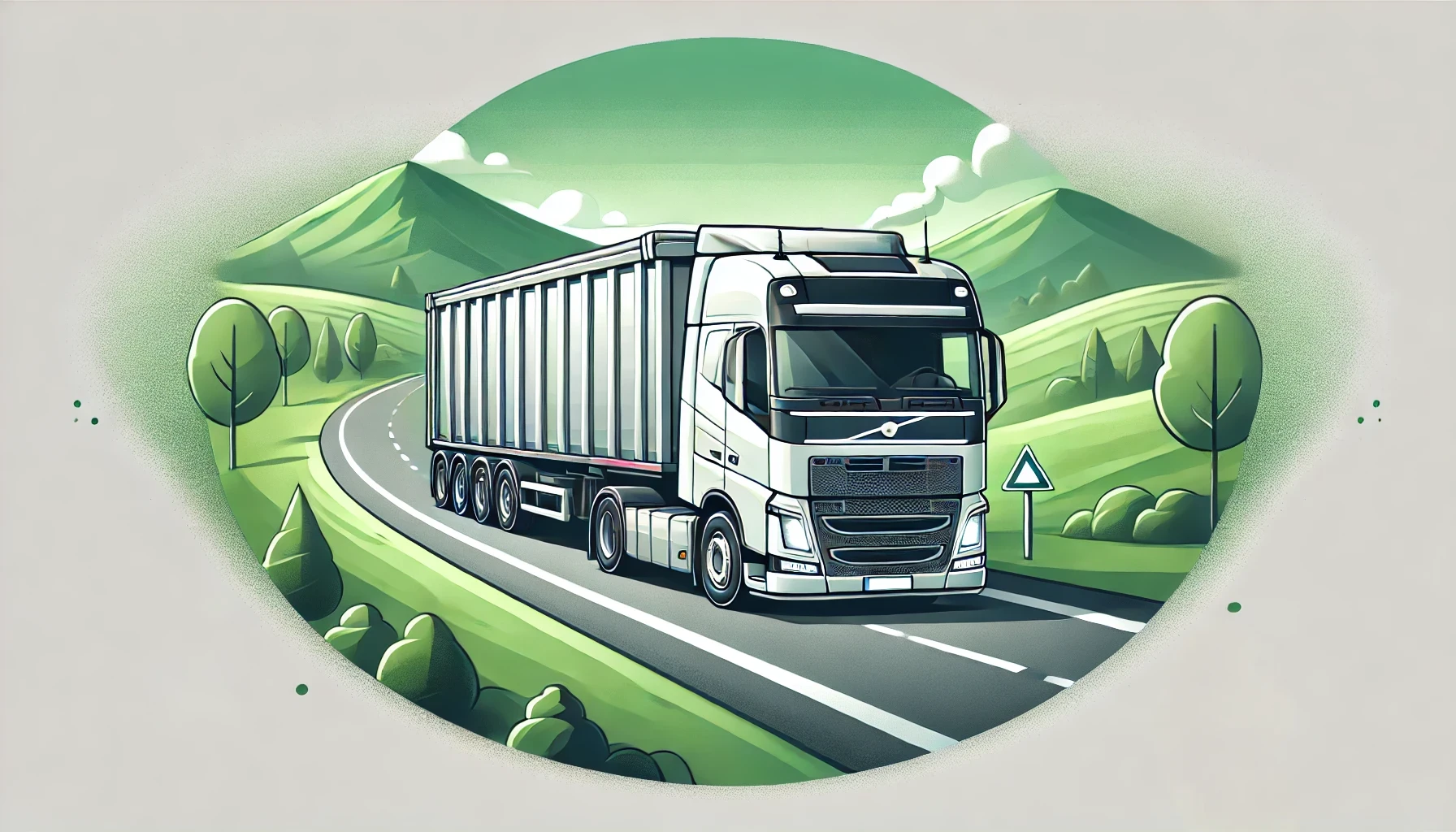
The international transport of waste is an extremely demanding industry, where ignorance or lack of adequate preparation can lead to serious problems. In this article, we will outline the key issues that need to be taken into account in order to avoid financial penalties, delays and additional costs. Based on the practical example of a Lithuanian haulier who failed to comply with the required formalities, we will discuss the most important lessons and tips.
Contact for waste transport permits
e.nadolna@ekologistyka24.pl , +48 881 045 376
j.blazewicz@ekologistyka24.pl , +48 500 867 153
International waste transport - brief characteristics
International waste transport involves the transportation of different types of waste between countries. It requires knowledge not only of EU regulations, but also of specific country regulations. Proper preparation of documentation and ensuring compliance with regulations is key to avoiding problems during border controls.
Key legal regulations in waste transport
In order to carry out waste transport in accordance with the law, carrier must be familiar with regulations in force throughout the European Union, such as:
- At EU level, EU Regulation 1013/2006 on shipments of waste to be replaced by EU Regulation 2024/1157
- National regulations for the registration of waste carriers (for example, in Germany this will be Kreislaufwirtschaftsgesetz (KrWG), in the case of Finland referred to Jätelaki 646/2011and, as far as Italy is concerned, the most important document will be the Testo Unico Ambientale);
In the case of Poland, in addition to the obligatory registration on the BDO platform, it will be necessary to set up an account and make notifications through SENT. The SENT system enables the monitoring of the transport of goods, including waste, within Poland. Failure to notify carries heavy penalties.
Case study: Lithuanian haulier and the consequences of a lack of preparation
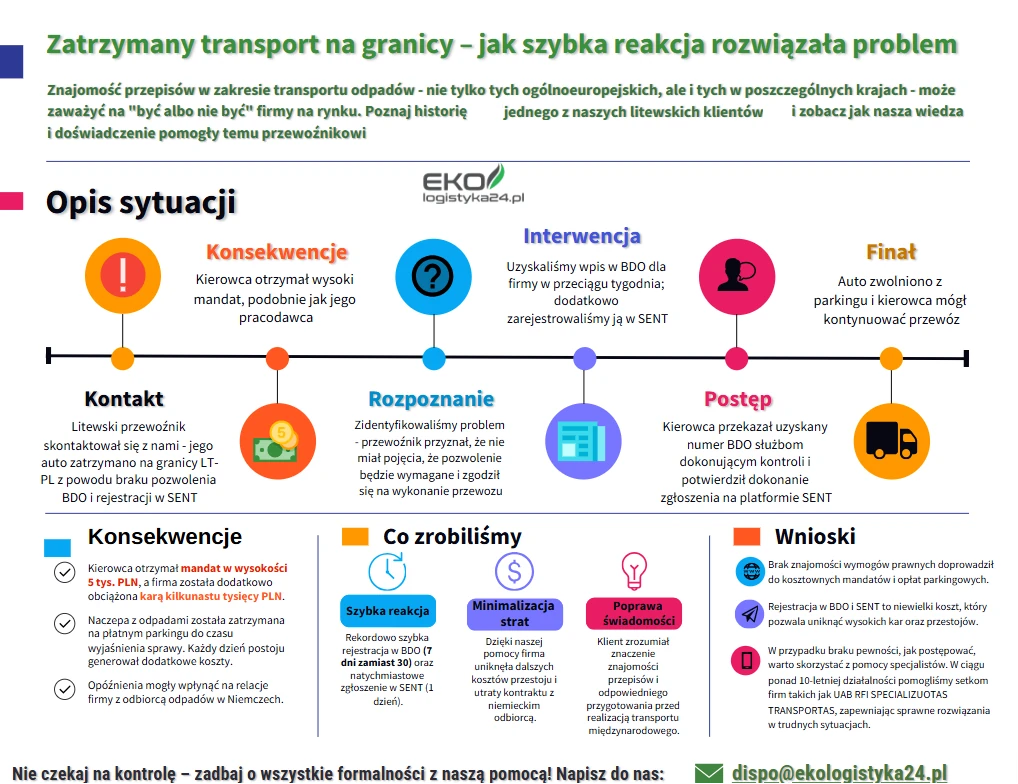
At the client's request, we have not named his company to protect his interests. Our aim is not to point the finger of blame, but to illustrate a problem that can affect any carrier, regardless of experience or knowledge of the regulations
————————-
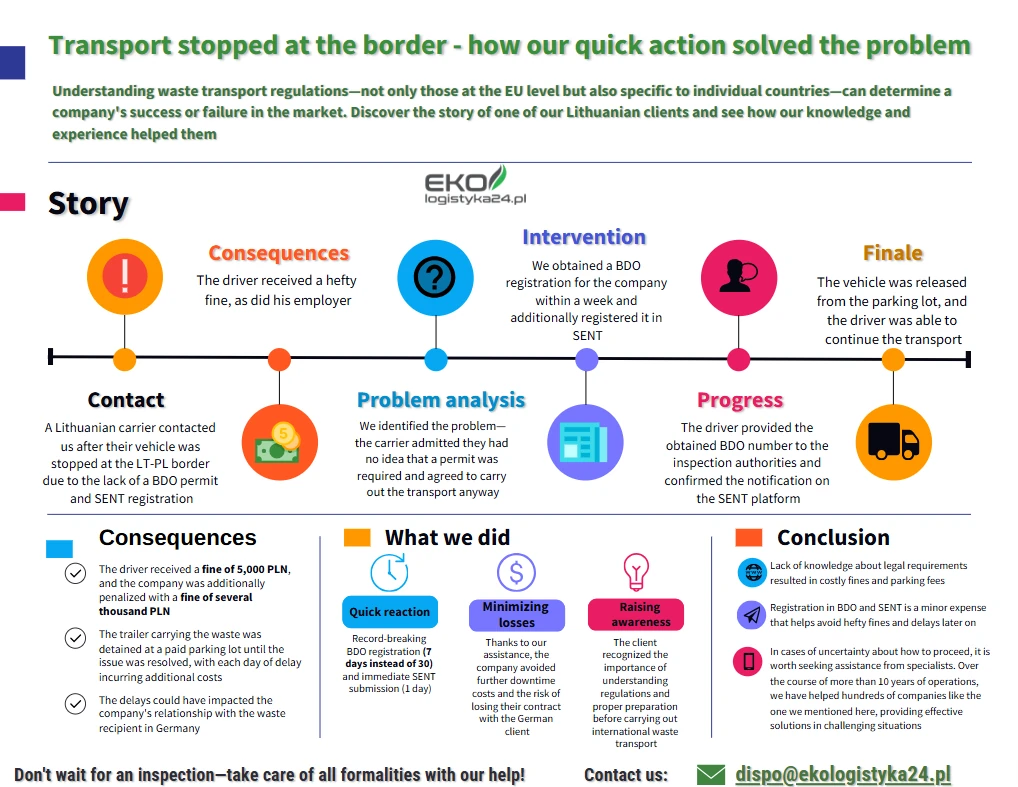
At the client's request, we have not disclosed the name of their company to protect their interests. Our goal is not to assign blame but to illustrate a problem that can affect any carrier, regardless of their experience or knowledge of regulations
————————-
The example of a Lithuanian haulier shows how costly mistakes due to ignorance can be. His vehicle was stopped at the Lithuanian-Polish border due to the lack of required documents, such as declaration in SENT and confirmation of numbering in the BDO system.
Consequences:
- The carrier received a fine of PLN 5,000, his employer also had to pay a fine of several thousand zloty
- The company was charged additional costs - each additional day the vehicle was parked in the special car park generated charges.
- The transport stoppage affected delivery delays, which damaged the company's reputation.
However, thanks to the quick intervention of experts, the losses were reduced - the company was registered with BDO and SENT within a few days, allowing the driver to continue transporting.
Waste transport in Poland - the necessary documents
Before transporting waste to Poland, it is necessary to collect the relevant documents:
- Registration with BDO - any company transporting waste must be registered in the system and the driver must have a paper confirmation of this.
- Notification in SENT - this obligation applies to the transport of waste within Poland both in import, export and in transit.
The absence of any of these documents can result in the seizure of the vehicle and financial penalties. Our Lithuanian client saw for himself what this meant and, after our intervention, ensured that he would not make such a costly mistake a second time.
Penalties and consequences of not knowing the rules
Non-compliance comes with serious consequences:
- High fines - in the case of the Lithuanian haulier, the fine amounted to PLN 5,000.
- Parking charges - stopped vehicles are diverted to special car parks, generating additional costs for each day of parking.
- Reputational losses - delays in delivery can negatively affect customer relationships.
Waste transport - how to avoid problems?
To minimise risk:
- Thoroughly familiarise yourself with national and international regulations;
- Get help from specialistswho will help with the paperwork;
- Prepare all required documents in advance.
Waste transport - benefits of professional support
Companies such as Ekologistyka24 offer support in dealing with waste transport formalities. Using expert services allows you to:
- Reduction of financial risks;
- Time saving;
- Transport carried out efficiently and in accordance with regulations.
Conclusions of the case study
The example of the Lithuanian carrier shows that lack of preparation can lead to serious consequences. However, thanks to a quick response, the losses were reduced, highlighting the importance of working with professionals.
Best practice in waste transport
- Plan waste transport in advance - check the requirements in the country of destination and transit.
- Regularly train employees - knowledge of the regulations is fundamental.
- Use professional services - if you don't know something - don't be afraid to ask; expert support minimises the risk of mistakes.
Summary and recommendations
The international transport of waste requires adequate preparation, knowledge of regulations and possession of the necessary documents. Working with experienced experts, as our case study shows, can save a company from serious financial losses.


